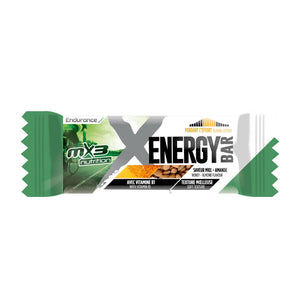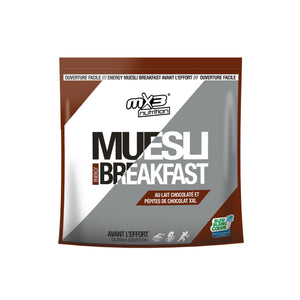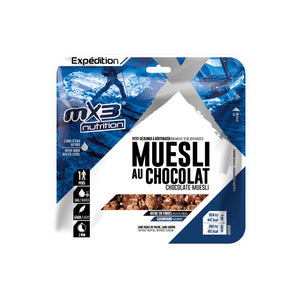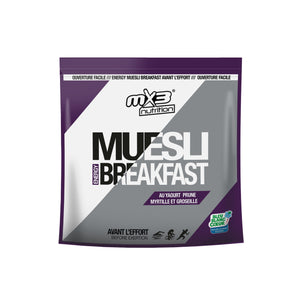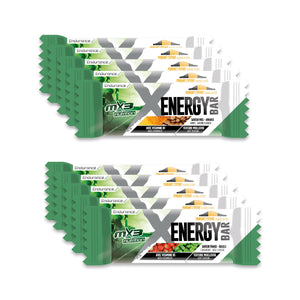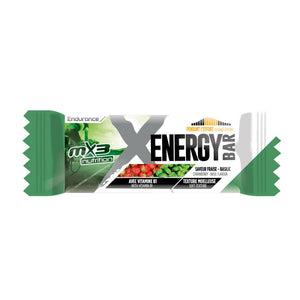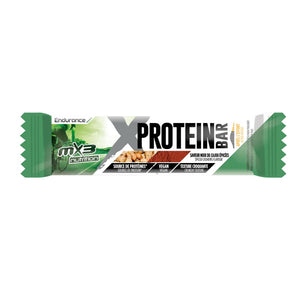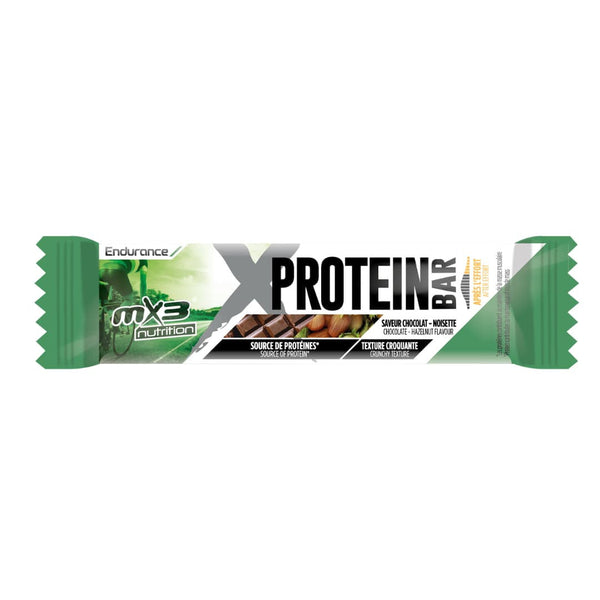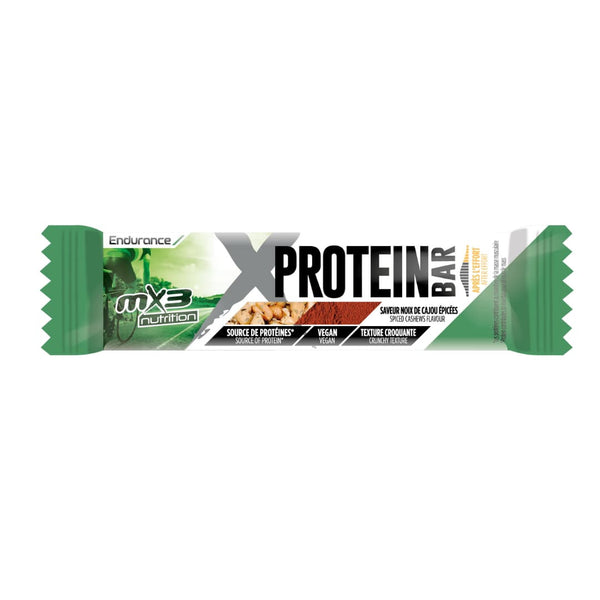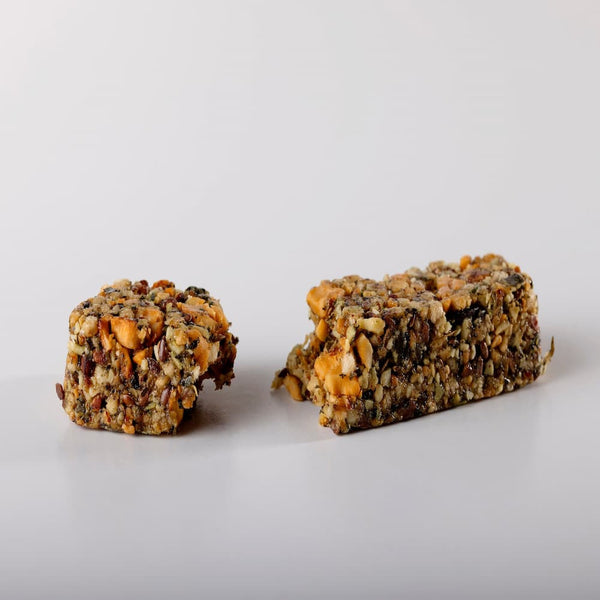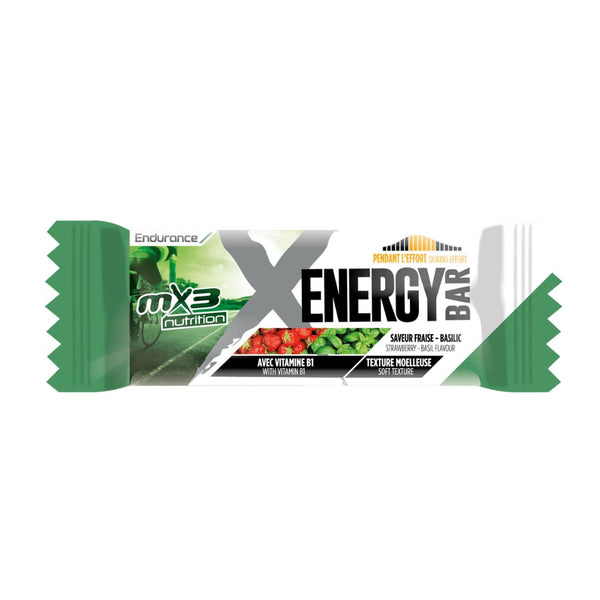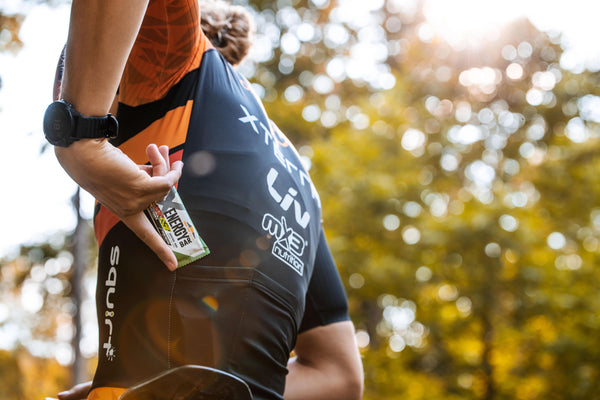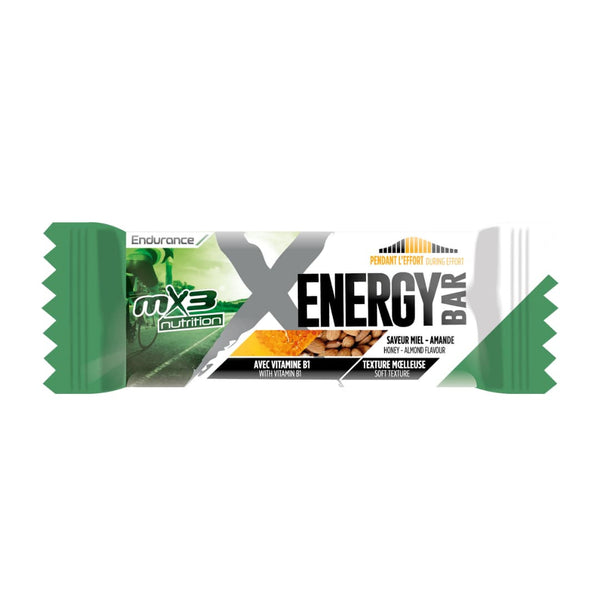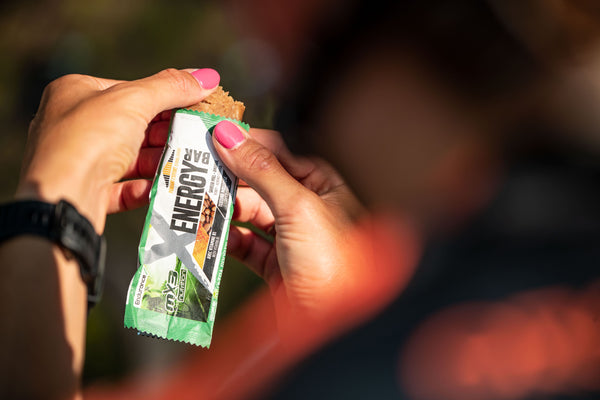Sport and recovery: guide and instructions!
Exercise and recovery are two inseparable aspects of an effective and healthy training routine. While physical activity is essential to improve fitness, strength and endurance, adequate recovery is crucial to allow the body to regenerate, repair and adapt to the physical demands placed on it. Beyond the physical aspect, which includes rest and care such as stretching, massage or cryotherapy, nutrition and hydration play a vital role in the recovery process. Discover the importance of eating well and hydrating well, not only before exercise but also beforehand, to optimize recovery and improve overall performance.
The Importance of Nutrition in Sports Recovery
Nutrition plays a central role in sports recovery . Adequate nutrition provides the materials needed to repair damaged muscle tissue, replenish energy stores, and reduce post-exercise inflammation.
After the effort
Immediately after exercise, the body is in a state that facilitates nutrient absorption. Consuming foods rich in protein and carbohydrates within 45 minutes of exercise helps repair muscle fibers and quickly replenish glycogen stores. Protein provides the amino acids needed for muscle repair and building, while carbohydrates help replenish energy stores.
Everyday life
Beyond the post-exercise window, maintaining a balanced diet rich in nutrients, vitamins and minerals is essential to support continued recovery in sports and overall health. Fruits and vegetables, sources of vitamins, minerals and antioxidants, help reduce inflammation and improve muscle recovery. Healthy fats, such as those found in oily fish, nuts and avocados, support cellular health and recovery.
The Importance of Hydration
Hydration is another pillar of sports recovery . Losing fluids through sweat during exercise can lead to dehydration, affecting performance and prolonging recovery time.
Post-exercise rehydration
Effective rehydration after exercise is crucial to restore fluid balance and promote recovery . It not only helps replenish lost fluids but also facilitates the transport of nutrients throughout the body, essential for muscle repair and replenishment of energy stores.
Continuous hydration
Maintaining optimal hydration levels throughout the day is equally important for recovery . Adequate hydration supports physiological functions, including muscle health and kidney function, facilitating the removal of metabolic waste generated by exercise.
Eat well and hydrate beforehand
Preparation for exercise is not limited to physical warm-up. Eating well and hydrating before physical activity is essential to optimize performance and reduce recovery time after exercise.
Pre-exercise nutrition
Consuming a balanced meal 2 to 3 hours before exercise provides the energy needed to sustain physical activity and can help minimize muscle damage and depletion of energy stores, facilitating recovery . This meal should include a good source of complex carbohydrates, protein, and healthy fats.
Pre-exercise hydration
Adequate hydration before exercise helps prevent dehydration early in the activity. Drinking water regularly in the hours before exercise ensures that you begin your workout in an optimal state of hydration , which can reduce the risk of cramping, fatigue, and other symptoms related to dehydration .
Energy bars and isotonic drinks: a useful complement in sport and recovery?
Energy bars and isotonic drinks can play a crucial role in the world of sport , providing athletes with essential nutrients to optimise performance and accelerate recovery . Suitable for a variety of sports disciplines, these products are specially formulated to meet the needs of athletes before, during, and after physical effort.
Energy Bars: Compact Nutrition for Performance
Energy bars are designed to provide a dense and rapid energy intake, ideal for times when eating a full meal is not practical. Rich in carbohydrates, they offer a rapidly available source of energy, essential for supporting endurance and performance during exercise. In addition, some bars include proteins and fats, as well as vitamins and minerals, contributing to muscle repair and recovery after exercise.
Use in Sport
Isotonic drinks: hydration and electrolytes for recovery
Isotonic drinks contain a concentration of salt and sugar similar to that of the human body, facilitating rapid hydration and the supply of electrolytes lost through sweat. They are essential for maintaining fluid and electrolyte balance, preventing dehydration and supporting physical performance.
Use in sport
Conclusion
Effective recovery extends far beyond the immediate physical aspects of exercise. Nutrition and hydration , both before and after exercise, are fundamental to accelerating recovery in sport , improving performance, and maintaining optimal overall health. By adopting a holistic approach that includes adequate nutrition and hydration , athletes can maximize the benefits of exercise while minimizing the risk of injury and prolonged fatigue. For improved recovery in sport , energy bars and isotonic drinks are two essential components of sports nutrition, each playing a specific role in supporting performance and recovery . For athletes looking to maximize performance and reduce recovery time , judiciously integrating these products into their training routine can provide a significant advantage. However, it is crucial to consume them appropriately, in addition to a balanced diet and adequate hydration , to maximize the benefits while minimizing the potential risks.

